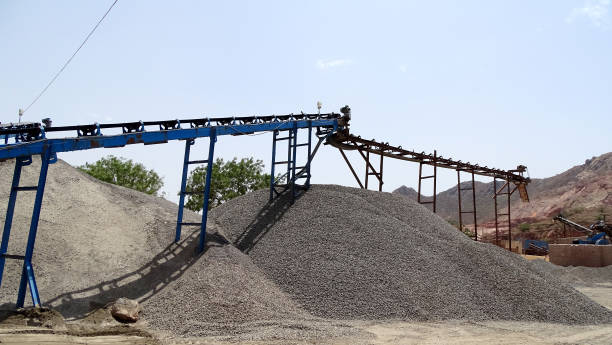

Schwing Stetter India Unveils New Innovations at Excon 2025
Schwing Stetter India unveiled more than 20 new machines at Excon 2025, marking one of its most significant showcases and introducing several India-first technologies to the construction equipment sector. The company launched the country’s first 56-metre boom pump designed and manufactured in India, the first fully electric truck mixer, the first CNG mixer variant and the first hybrid boom pump. Executives said the launch portfolio was engineered to support India’s move toward faster, greener and more vertically oriented infrastructure through advanced engineering, clean-energy solutions a..

SEPC Resolves Hindustan Copper Dispute, Wins Rs 725 Mn Order
Engineering, procurement and construction firm SEPC Ltd has recently settled a dispute with Hindustan Copper Ltd (HCL) and secured a mining infrastructure order valued at Rs 725 million from the state-owned company. SEPC informed the stock exchanges that it has executed a settlement deed with HCL, bringing closure to all inter-se claims and counterclaims arising from arbitration proceedings. As part of the settlement, SEPC will receive Rs 304.5 million as full and final payment, marking the resolution of all pending disputes between the two entities. The company also stated that Hindustan Co..

Karnataka Clears Goa–Tamnar Line Despite Forest Impact
Karnataka has expedited approval for the contentious Goa–Tamnar power transmission project, clearing it only months after softening its stance and requesting a revised proposal from the implementing agency. The decision comes despite the project’s significant ecological risks to Mollem National Park, Bhagwan Mahavir Sanctuary and nearby villages, where large-scale forest diversion and fragmentation threaten sensitive Western Ghats ecosystems. The Karnataka Forest Department has now approved the updated proposal. The state government had earlier paused the project, linking the delay to Goa..

















